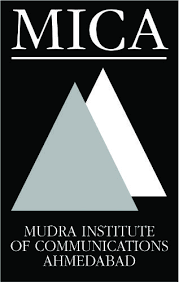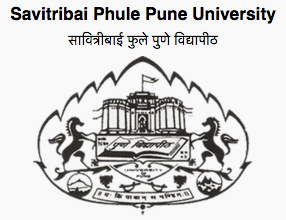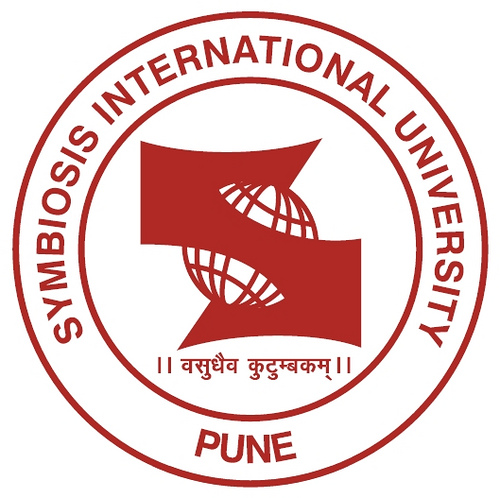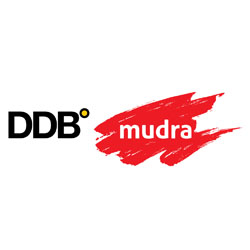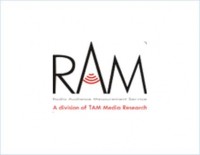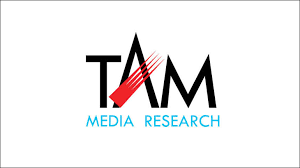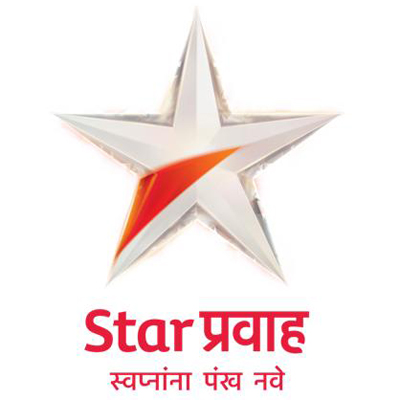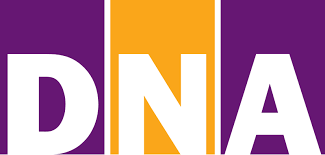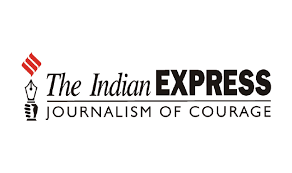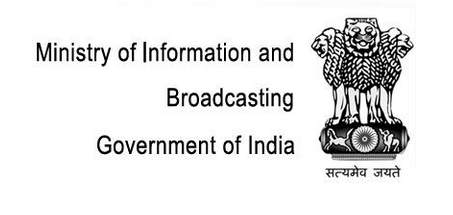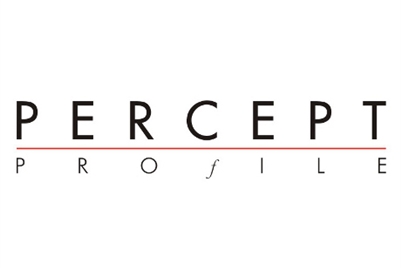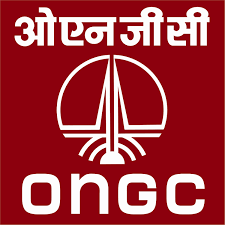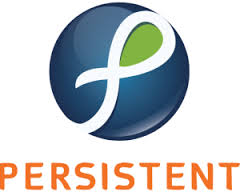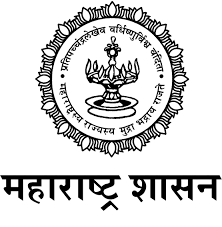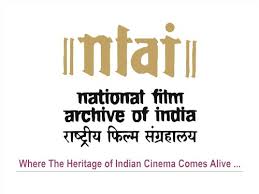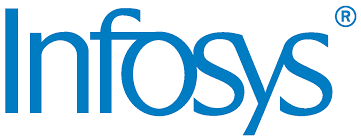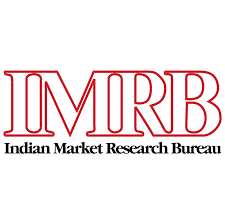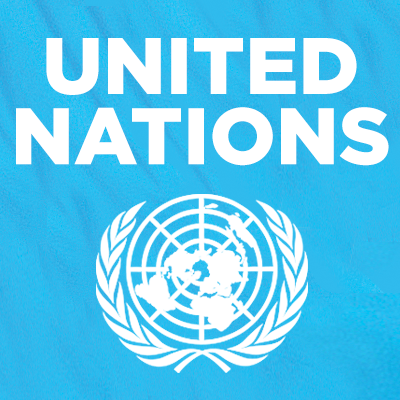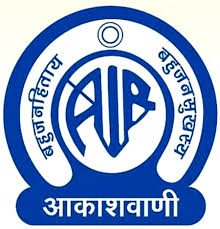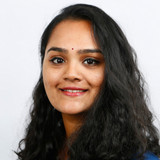
Alumni on DMCS

Although I have moved miles away, I will never be away from DMCS. I have always considered it to be the place which gave me the academic inclination I was looking for. I would never have found a Master of Science in Media Research anywhere else in the country! The course nurtured my liking, and also filled up the deficiencies I had. I was a part of this Department between 2014-2016, and these were amongst the best 2 years of my academic life, and also otherwise. The kind of training you expect, DMCS delivers. And when I am now experiencing an established research environment abroad, I realize how world-wise the teaching was back at DMCS. I will always be grateful to the teachers for being so friendly and accessible because that made learning transcend the walls of the classroom. I will always be grateful to DMCS for introducing me to the real world of academia.
Apoorva NanjangudErasmus School of History, Culture, and Communication
Erasmus University Rotterdam, The Netherlands
Class of 2016 (Media Research)

I opted for the Master's program at DMCS for its flexibility and interdisciplinary nature. Thanks to the perfectly balanced program, which not only introduced me to the different theories in communication and research, but also trained me on the practical aspects of media; I was able to grow from a mere media enthusiast into a budding communications professional. Being one of the founding members of the National Film Festival helped me understand the intricacies of planning and executing an event of that scale. Media Mélange exposed me to the prevailing trends in the industry and gave me an opportunity to interact and network with the professionals. One of the most significant aspects of DMCS that shaped me as an individual was the diversity of students in the class. The heterogeneous student body including those from other countries helped me understand their culture and ways of thinking, and broadened my worldview. The curriculum offered a great deal of flexibility. In 2011, one of the professors Dr. E. V. Chitnis, taught an entire course throughout the semester on the emerging Social Media sensation of that time—Facebook. The approachable faculties and ever welcoming support staff created an environment that helped students, such as me, who hailed from rural areas, feel at home. The department continued to support me in different ways even after I had graduated and made me part of the DMCS family. I feel proud to be associated with DMCS.
Bhushan LingeAccenture India Private Ltd., Mumbai
Class of 2012 (Media Research)



